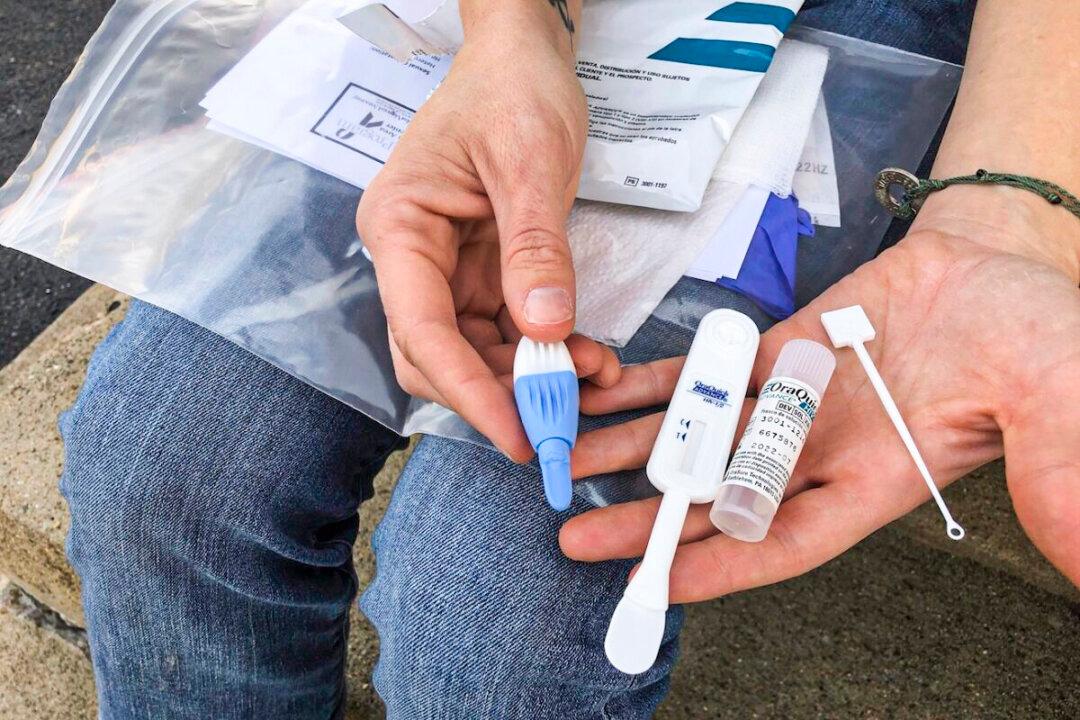An Argentinian woman has become the second ever person in the world to rid herself of the human immunodeficiency virus (HIV) without drugs or medical treatment, according to researchers.
According to a report published Tuesday in the Annals of Internal Medicine titled, “A Possible Sterilizing Cure of HIV-1 Infection Without Stem Cell Transplantation,” a now 31-year-old woman who was diagnosed with HIV in 2013 only took antiretroviral therapy for six months during pregnancy to stop the infection transmitting to her baby.





